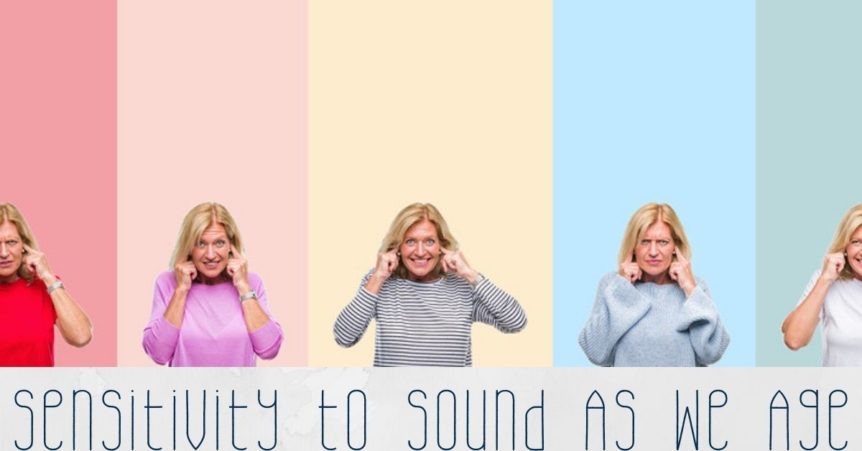There’s no way to get around it, things change and we change as we get older. It takes a little longer to mow the lawn, do housework, get ready in the morning and recharge. Things that bothered us before, we let slide. Things that didn’t bother us before, we may now find very annoying. One of the things you may find bothersome now is noise.
For some, sensitivity to noise does increase as we age. If you have hearing issues – hearing loss, tinnitus, sound sensitivity – make an appointment today at Neighborhood Hearing Aid Center and we can discuss your issues and work out a treatment plan. For many, hearing sensitivity as well at tinnitus can be helped with hearing aids.
Aging and Sounds
Sensitivity to sound as we get older is common if you also have hearing loss, but sensitivity can also occur in individuals who have normal hearing. Some people become so sensitive to sound they can barely handle what the rest of us would consider normal background noise. Hearing aids can actually address this issue because the processors inside hearing aids modulate sound and they can be adjusted. The newer models of hearing aids also automatically adjust, some within seconds, if there is an unexpected loud noise like a gunshot or a door slamming shut.
Auditory Cortex Study
Have you had the experience of talking to a senior citizen and they ask you to please speak up only to tell you a short time later that you don’t have to shout? They are likely suffering from loudness discomfort.
As we get older, the tiny hair cells and nerve fibers in our inner ears begin to deteriorate. Studies have shown that a reduced blood flow, which happens as we get older, causes changes in our ears. Some hearing changes occur because we have subjected ourselves to loud noises or the changes could be a combination of factors. The hearing loss might be gradual. As the cells are damaged the others step up, but eventually there are no longer enough healthy cells to compensate. You may first note changes in the high range like children’s voices.
A Journal of Neuroscience article related that a study examining the auditory cortex of individuals in their 20s and their 60s discovered they were different. Researchers think these changes explain why some individuals develop an oversensitivity to sounds while others do not.
Noise Concentration Changes
As you get older you may experience problems separating background noise from sounds you are trying to concentrate on. Maybe your friends have said you aren’t paying attention to the conversation if you are out in a venue with background noise. Scientists monitored the brains of adults, ages 18 to 31 and also adults between the ages of 60 and 70. Each group was given a listening task and the younger group was able to pinpoint and listen to a specific sound while the older group could not. The younger adults were barely conscious of what the older adults called distracting background noise.
One of the biggest problems, according to older adults, was processing a conversation with background noise around them. Part of the issue is hearing loss, but new studies also indicate the brain changes how it filters out specific sounds as we get older. Researchers say one reason is that the brain synchronizes with specific speech rhythms. Monitors were attached to study participants to chart brain and neural signals, the signals in the older adults’ brains fired in a pattern to match the background noise and this limited their abilities to concentrate on a target noise.
Researchers had two theories as to what caused the concentration issue. One is hearing loss decreases the brain’s ability to filter out noise and process certain other sounds. The other theory is that actual sound processing in the brain changes.
Sounds that are the most disturbing to those who have sound sensitivity would be high-pitched sounds like smoke, car and carbon monoxide alarms. But people have also reported sensitivity to sounds the clanging of silverware or pots and pans, clapping and children screaming.
Neighborhood Hearing Aid Center
The friendly staff at Neighborhood Hearing Aid Center is ready to discuss your hearing issues and concerns – we’re just a phone call away. Contact us today!

